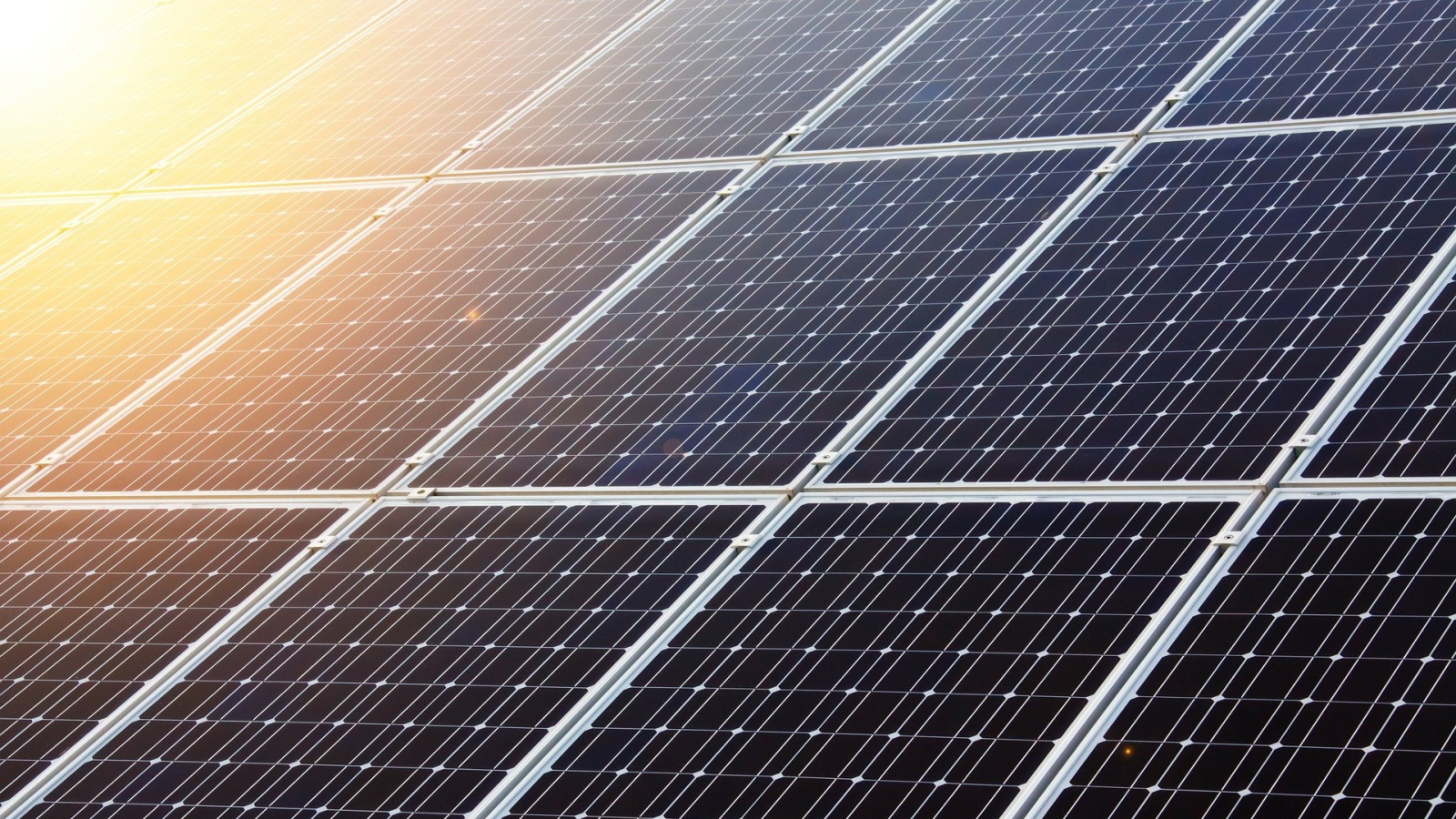China is criticizing the Biden administration's decision to extend tariffs on Chinese solar panels.
President Joe Biden extended tariffs Feb.4 on Chinese solar energy equipment for another four years, according to Reuters. He also eased the terms of the tariff to exclude certain paneling technology that is used in projects in the United States.
Just one day later, China issued a statement rebuking the move.
"The U.S. government insisted on extending the section 201 measures despite strong opposition from related parties at home and abroad, and they not only do not help the healthy development of the domestic U.S. industry, but also distort the normal order of international trade in photovoltaics as a new energy product," China's Ministry of Commerce said in a statement, according to Reuters.
Some domestic solar producers also condemned the president’s decision.
First Solar Inc. (FSLR.O), which makes panels that compete with bifacial technology, said the decision "effectively allows China to outflank American efforts to grow self-reliant solar supply chains."
Following a three-month review process, the U.S. International Trade Commission said in November 2021 that the tariffs were needed to protect the U.S. solar manufacturing industry, Reuters reported.
"The president agreed with the determination of the U.S. International Trade Commission and decided to extend the Section 201 safeguards for four more years to prevent or remedy serious injury to the U.S. solar manufacturing sector," a senior administration official said, according to Reuters.
A study conducted by Sheffield Hallam University, a public research organization in the United Kingdom, concluded that China's forced labor of Uyghurs is responsible for the production of 45% of the world’s solar-grade polysilicon, which 95% of solar modules require, Globe Banner reported. The study also found that "labor transfer programs" have impacted every polysilicon producer in the Uyghur region.
The tariffs on Chinese solar energy equipment were originally imposed in 2018 during the Trump administration. The levies were originally set at 30% and eventually decreased to 15%, Reuters reported.

